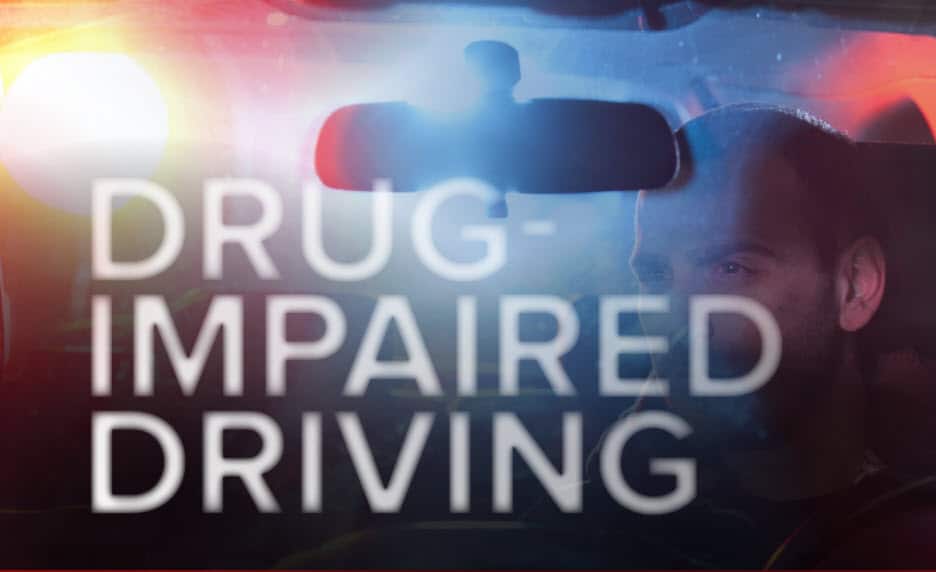Drug-impaired driving has become an increasingly critical issue for states and state highway safety offices. According to a newly updated report from the Governors Highway Safety Association (GHSA), in 2015, drugs were present in 43% of the fatally-injured drivers, more frequently than alcohol was present. Increasing use of marijuana as a result of decriminalization in many states has contributed to the spike in drug-impaired driving and more than 80 commonly prescribed drugs have been linked to traffic fatalities across the nation.
The report, entitled “Drug-Impaired Driving: A Guide for States“, summarizes the current state of knowledge on drug-impaired driving, including what little is known about the costs and effectiveness of these actions, and identifies actions states can take to reduce drug-impaired driving.
According to the report, drug-impaired driving is more complex than alcohol-impaired driving for many reasons:
- Hundreds of different drugs can impair drivers.
- Some drugs that can impair driving are illegal to use, some are legal to use under certain conditions, and some are freely available over-the-counter.
- For many drugs the relations between a drug’s presence in the body, its effect on driving, and its effects on crash risk are complex, not understood well, and vary from driver to driver.
- Data on drug presence in crash-involved drivers are incomplete in most jurisdictions, inconsistent from state to state, and sometimes inconsistent across jurisdictions within states.
- It’s more difficult for law enforcement to detect drug impairment at the roadside than alcohol impairment.
- Laws regarding driving while under the influence of drugs (DUID) vary across the states.
- It’s more difficult to prosecute and convict a driver for DUID than for alcohol-impaired driving (DUI).
The scope of this problem is enormous and in upcoming blogs, The Council on Recovery will delve into the GSHA’s report and the serious issues is raises. Stay tuned…

